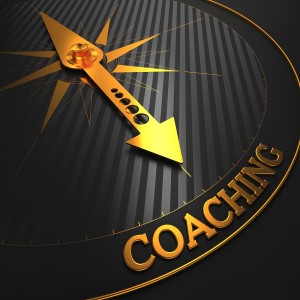Do You Feel Centered or Off-Balance? Discover Centering Practices That Promote Excellence
“Be strong then, and enter into your own body;
there you have a solid place for your feet.
Think about it carefully!
Don’t go off somewhere else!
…just throw away all thoughts of
imaginary things,
and stand firm in that which you are.” ~ Kabir
 Can anyone achieve excellence? How do high achievers attain their success? Is it because they’re born with some special power? Not at all! They achieve excellence because they are able to channel their energy effectively under extreme conditions.
Can anyone achieve excellence? How do high achievers attain their success? Is it because they’re born with some special power? Not at all! They achieve excellence because they are able to channel their energy effectively under extreme conditions.
Many would say that they consistently tap into their inner strength, their self-control, or self-discipline. I like to think of them being very intentional and deliberate. Rather than getting caught up in checking emails or social media, watching TV, surfing the web, they choose to use their time for developing what really matters to them, enhancing their skills, improving their health and inner being.
Being centered undoubtedly helps you become more intentional. However, don’t be surprised at the beginning if learning to center yourself is challenging. It will involve some effort as you develop new muscle memory. You might be used to being slightly off-balanced!
Also, once you are centered you can’t expect to stay centered for very long! You deplete your energy resources throughout the day, especially during stressful situations. This is why you need a committed practice that keeps you refueled and replenished. Over time you’ll even expand your reserves so you can live life more richly. Consistency is essential to your centering practice.
To illustrate: What happens if you center yourself at the beginning of the day and then stress arises? Will your early morning centering carry you through? It will help, but consistently centering yourself throughout the day is essential to maintaining your balance. Even when you are not feeling particularly emotional or in need of centering, you’ll find that it deepens your practice.
What can you do to begin a steady centering practice?
Anything that helps you feel still and aware can become your centering practice. It’s a way to connect with that space within you that is always calm and at peace. This space is often referred to as your “calm center”. Decisions made from this calm center will be more in alignment with your values; actions taken from this place will be more deliberate and purposeful.
I personally have several practices that help me with centering. A few times a week I practice Aikido at a local dojo. The name Aikido is composed of three Japanese words: ai, meaning harmony; ki, spirit or energy; and do, the path or the way. Aikido is the way of the spirit of harmony. Through this weekly practice, I continue to explore ways to stay centered in my body, to use my center to interact with others and to harmonize with the world in ways that are both self-promoting and life enhancing.
I also practice archery. I’ve done so for the past four years and just recently I’ve started training as a horseback archer. To me horseback archery is not just a cool and fun sport. It’s the harmony of four elements – horse, rider, bow, and arrow – into a powerful center. It’s about moving forward with purpose. It’s a centering practice and a metaphor for life.
My daily Feldenkrais practice also aids centering time to my life. When I lay on my mat or table and I sense into my self through slow, mindful movements. I cultivate that center that’s so useful when I need to be calm, resourceful and perform.
What these three practices have in common is that, in order to perform them, you have to find, develop and express your center. It’s not necessary to spend hours cultivating a centering practice. You can start small, exploring what you enjoy and can practice consistently with ease and pleasure.
Would you like to develop your own customized centering practice to help you cope with stress and live more fully? If you live near Ashland, Oregon, please contact my office and learn how somatic coaching helps you engage your whole mind and body in achieving excellence.




